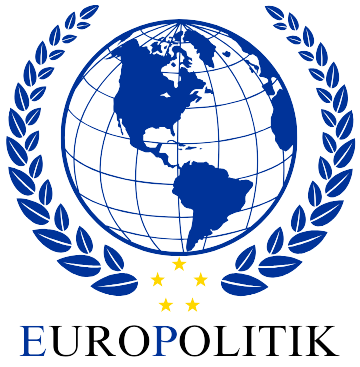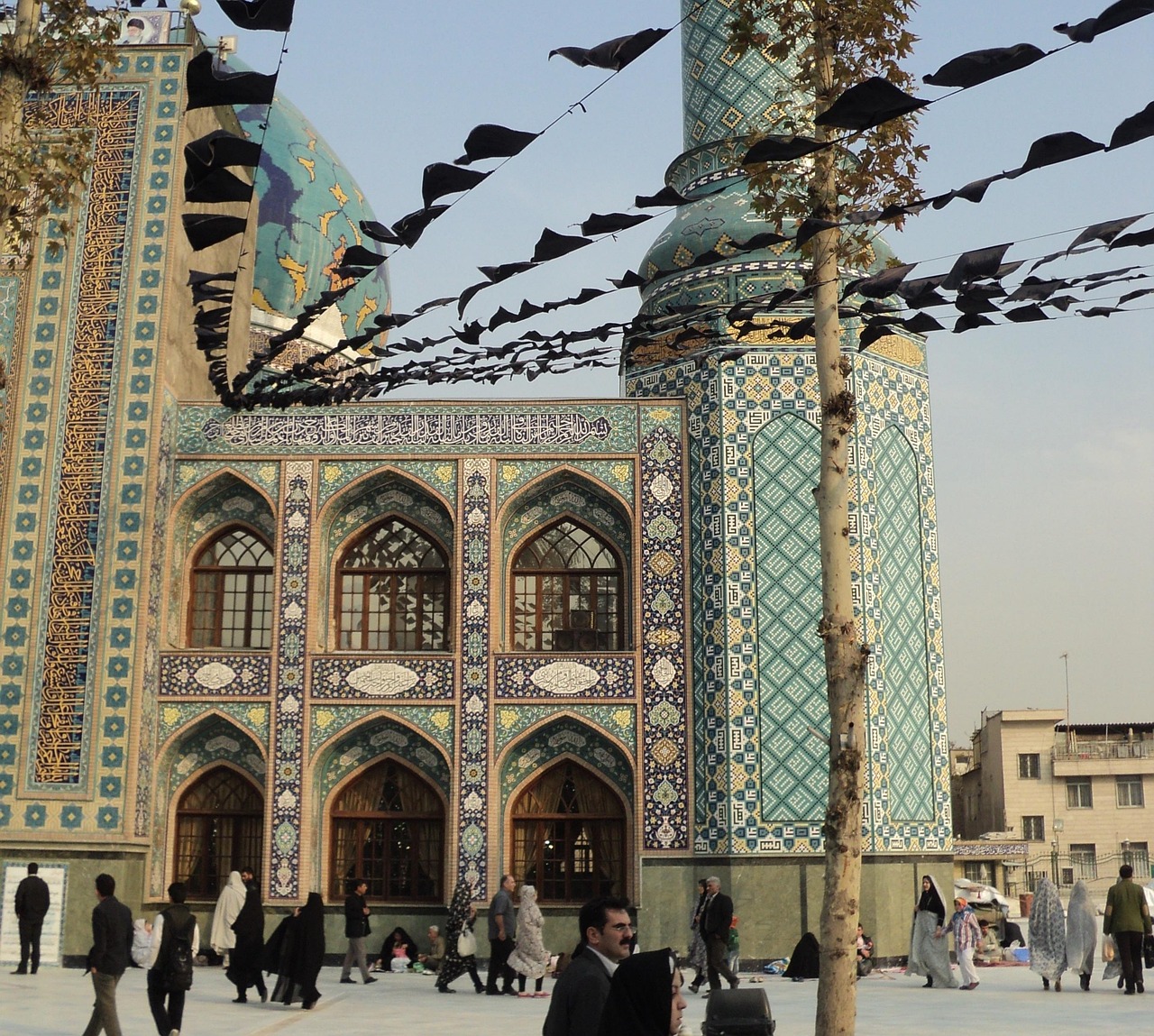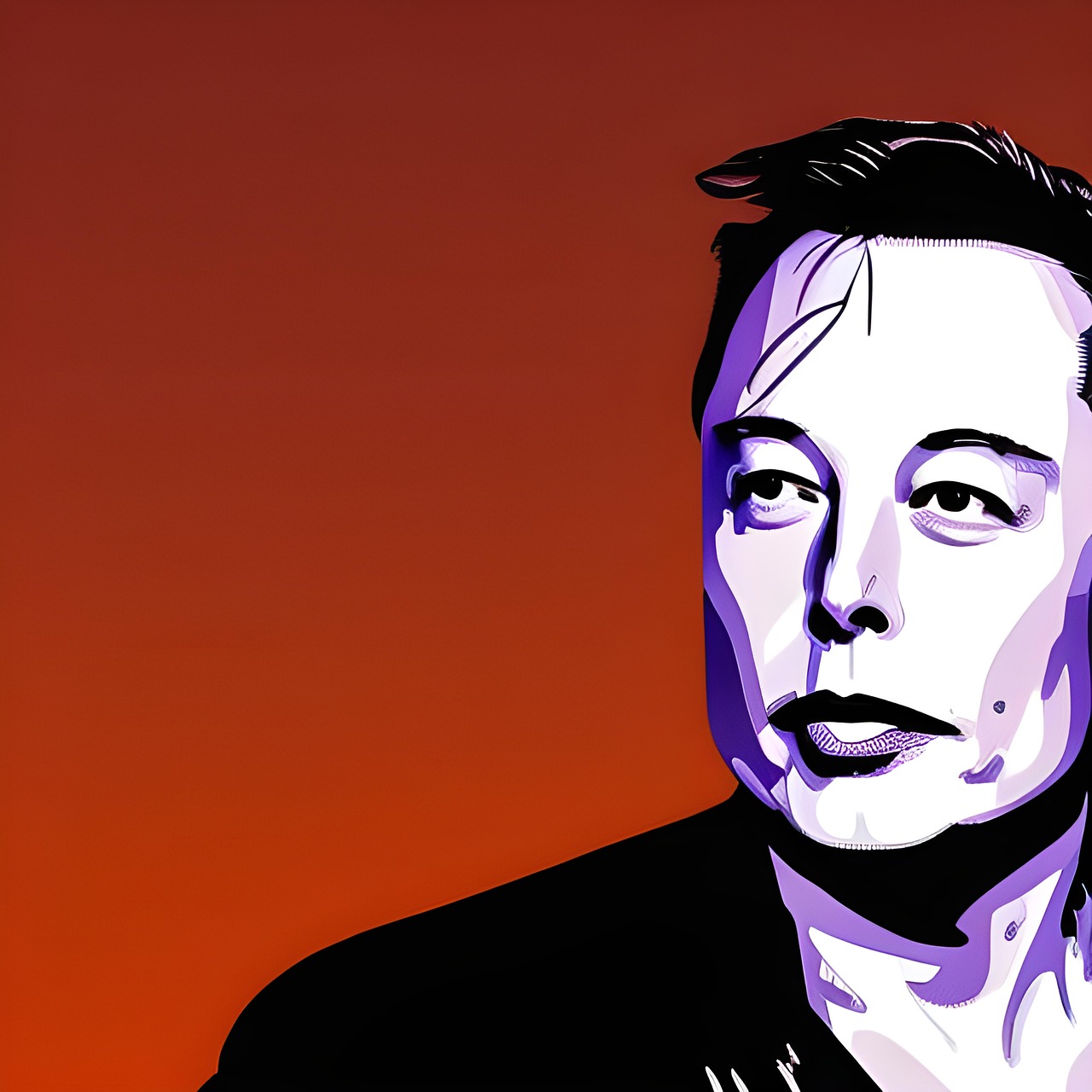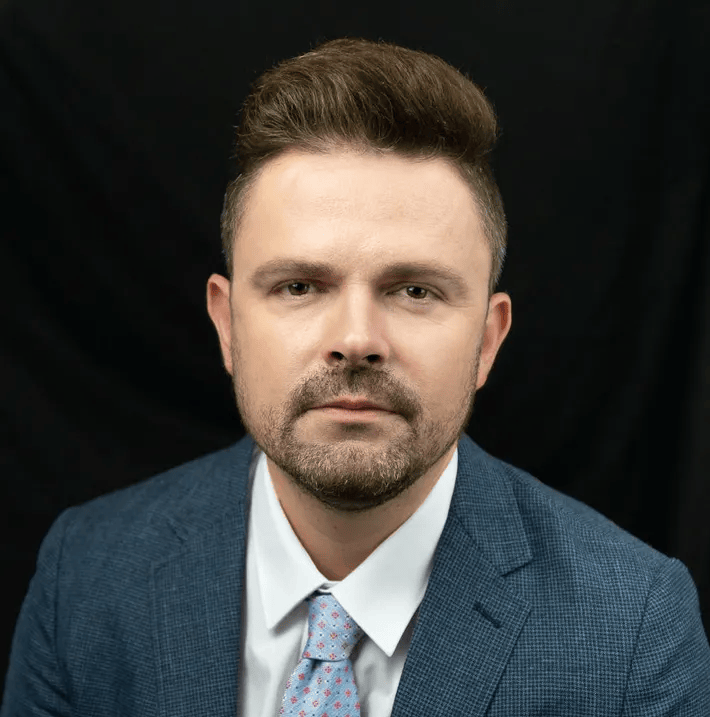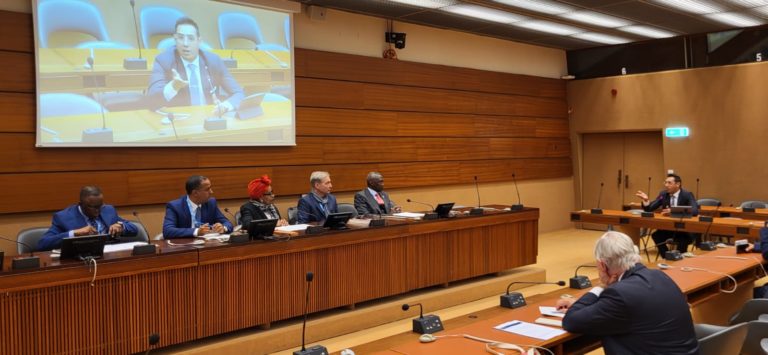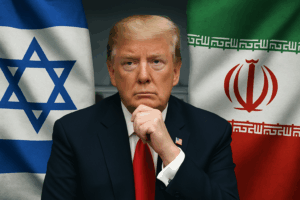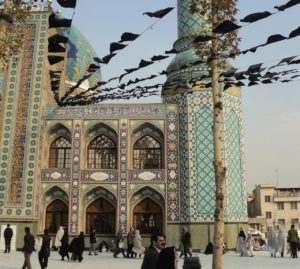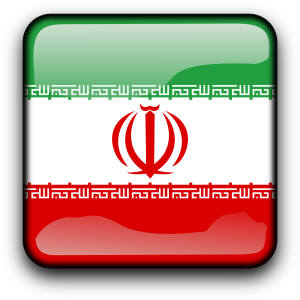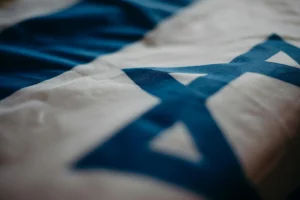OPINION. The peace meeting between Zelensky, Putin, and Trump in Istanbul, scheduled for Thursday, is looking increasingly unlikely. With Putin resisting European pressure and Trump’s ambiguous stance, peace negotiations over Ukraine remain stalled—leaving diplomacy mired in uncertainty.
By Sébastien Boussois, PhD in Political Science

The suspense matched the potential global consequences of a hypothetical summit in Istanbul on Thursday between Presidents Zelensky and Putin, under the auspices of Donald Trump.
While the prospect of a “family photo” may have seemed appealing at first glance, there was always a strong chance that such an image would only materialize with the help of artificial intelligence. Since the American President announced he would be represented by his Secretary of State, Marco Rubio, it has become increasingly clear that the gathering is heading toward a meeting of second-tier players. It would now be logical for Sergei Lavrov to represent the Russian President in turn.
The Europeans’ unwavering support for Zelensky is certainly unwelcome in Moscow, but it also complicates the direct relationship Donald Trump has sought to establish with Russia in recent weeks—one that excludes Ukraine. By placing Ukraine back at the center of the diplomatic game, Emmanuel Macron and other European leaders may have unintentionally made a near-term resolution to the conflict even harder to achieve. Trump had tried to reclaim the initiative by announcing, almost impulsively, that he would meet with both Zelensky and Putin in Turkey on Thursday. But with Putin thus cornered into a commitment, is he now relieved to see the momentum faltering? And what would be the Europeans’ position if he attended regardless? What role would Turkey play as a new mediating actor? Honestly, few still believe in a favorable outcome—lost somewhere between powerlessness, fatigue, and frustration.
The ultimatum issued by European leaders last weekend, demanding a ceasefire from the Kremlin, did not sit well with Putin, who refuses to let anyone dictate his timetable. What was seen as yet another instance of European “interference”—while negotiations with the Americans are already proving difficult—may well doom a meeting that could have been crucial in finally halting the war. It feels like a never-ending race to secure an agreement, with a volatile Russian President entrenched in a wartime economy, and seemingly unwilling to back down.
Indeed, for weeks now, the Russians and Ukrainians have been playing a cat-and-mouse game in negotiations supposedly aimed at reaching a permanent ceasefire. At heart, both societies want this three-year conflict to end. The Istanbul meeting had rekindled a flicker of hope—but it was already bordering on miraculous. Why now, and not earlier—or later? Military lines have barely shifted for months, and virtually everything has already been discussed and rehashed.
Of course, no one is even talking about a final peace agreement at this stage—just a much-needed pause in fighting to allow space for more durable solutions. We’re somewhere between a military stalemate and a diplomatic crucifixion. While Donald Trump had promised a swift resolution upon returning to the White House, Putin’s wavering presence has nearly exhausted his patience—and demobilized his team. This created an opening for Europe to step back into the game. But Putin has no interest in negotiating with the Europeans. That’s why he floated the idea of direct talks in Turkey on Thursday. Zelensky quickly accepted the challenge—insisting, rightly, that he would only negotiate directly with Putin, not with a delegation of underlings. Yet the die seems already cast. Still, the entire future of this conflict hinges on whether or not the Kremlin leader shows up: if he does (a stretch of the imagination at this point), progress might be possible. If not, the cycle is likely to spin back into violence. Meanwhile, just days before the scheduled meeting, missiles continue to rain down between the two nations. Trump’s announcement is beginning to look like a bluff gone stale.
At this point, few even understand what remains to be discussed. Over the past three years, the Ukrainians—despite immense losses—have already made territorial concessions, and Putin has secured significant guarantees since Trump returned to the scene. This conflict increasingly resembles the myth of Sisyphus, and heralds a new kind of warfare—one whose resolution no longer takes place through multilateral frameworks or the United Nations, but through painful, fragile bilateral talks. Negotiations that can be made—and unmade—overnight. And that risk producing a stillborn deal.
In such a context, everything is volatile; nothing is durably binding. And from our side, we are witnessing, helplessly, the slow but certain death of an international system that for 70 years offered us both hope—and illusion. It took little more than a few rash actions, and a great deal of willful blindness, to let it sink without even trying to save it.
__________
(*) PhD in Political Science, researcher specializing in the Arab world and geopolitics, lecturer in international relations at IHECS (Brussels), affiliated with CNAM Paris (Security and Defense Team), the Institute for Applied Geopolitical Studies (IEGA, Paris), the Nordic Center for Conflict Transformation (NCCT, Stockholm), and the Geostrategic Observatory of Geneva (Switzerland).
